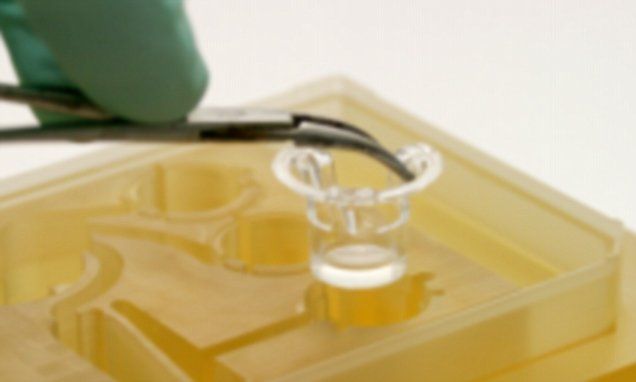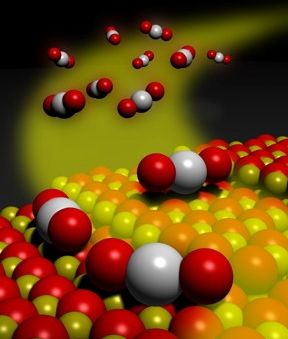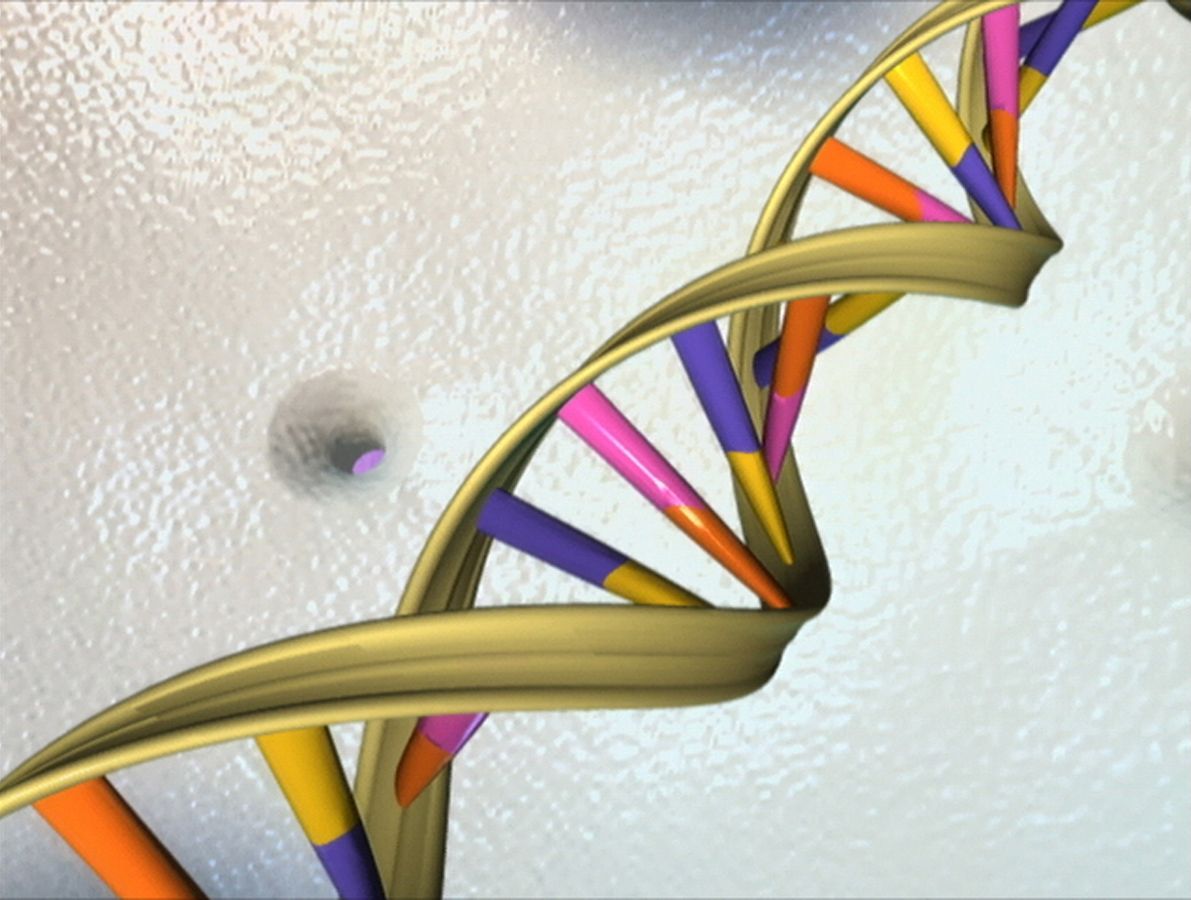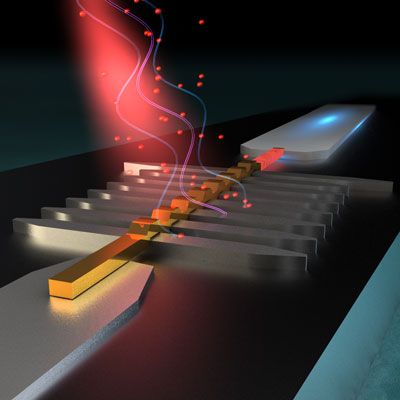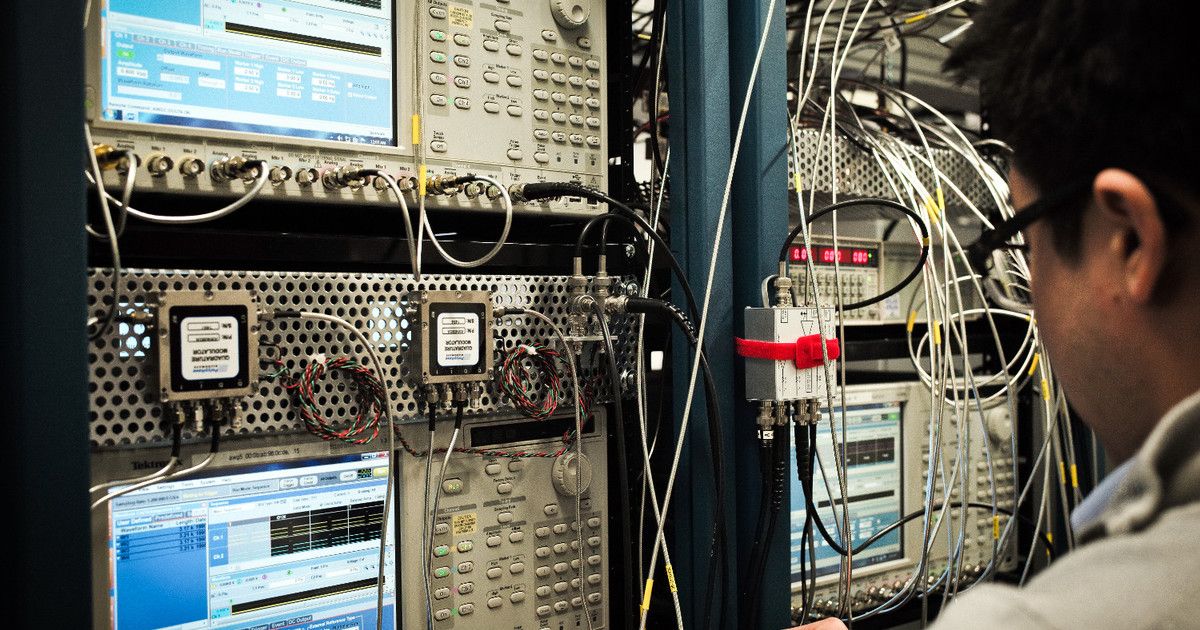Jul 8, 2016
We might finally have a way to build circuits for the world’s first quantum computers
Posted by Karen Hurst in categories: computing, quantum physics
Another article on QC where the author is not well connected or knowledgeable about the details on QC’s advancement on entanglement. I suggest the author to learn about the use of Synthetic Diamonds in controlling and managing entanglement plus we now have a way to detect & trace high-dimensional entanglement that I shared 20 days ago. I suggest if authors wish to write on QC please make sure that you have the latest information so that your better informed.
The computers of today have just about hit their limits, and scientists around the world are scrambling to build the first viable quantum computer — a machine that could increase processing speeds 100-million-fold.
The biggest challenge in scaling up a quantum computer is figuring out how to entangle enough quantum bits (qubits) to perform calculations, but a team of engineers in the US say they might finally have a solution.

